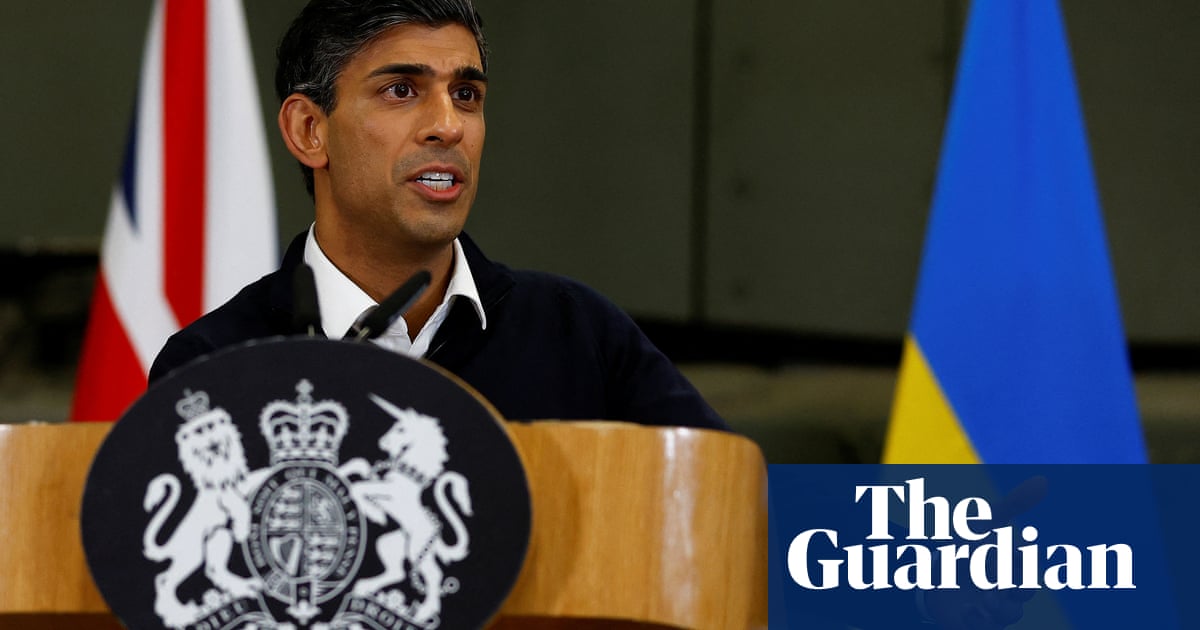
Prime Minister Narendra Modi has begun his latest foray into the Gulf, making his first visit to Bahrain and his third to the UAE. Having previously also visited Saudi Arabia, Qatar, Iran and Israel, and hosted at home the leaders of all these nations, never before in India’s diplomatic history has a prime minister given so much attention to this region.
The reasons for this interest are self-evident: The region is central to India’s energy security, with Gulf Cooperation Council (GCC) countries providing nearly 50 percent of India’s oil imports. The GCC collectively is also India’s largest regional bloc trading partner, as total trade in 2017-18 was $104 billion, compared to India-EU trade of $102 billion, and India-ASEAN trade of $81 billion. In terms of global trade, two of India’s top-five trade partners are from the GCC — the UAE and Saudi Arabia. In fact, the UAE is India’s third-largest individual trade partner and second-largest export destination after the US.
During Modi’s prime ministership, India-GCC investments and joint ventures have witnessed a remarkable upturn, with the Saudi and UAE leaders promising to invest billions of dollars in infrastructure, as well as in the energy, industrial and defense sectors.
The Saudi national oil company Aramco is a partner in India’s Ratnagiri refinery on the west coast, with an investment of $22 billion. Aramco also announced this month that it would be investing $15 billion in the Indian conglomerate Reliance Industries, taking 20 percent equity in this successful and diverse business venture.
But these ties are not one-way. The Abu Dhabi oil company ADNOC has awarded the exploration of Abu Dhabi Onshore Block 1 to an Indian consortium for a fee of $175 million. India also has a resident community of 8 million in the GCC countries, which remits home more than $30 billion annually and whose welfare is of priority concern in New Delhi and several state capitals.
India is also going ahead with the development of the strategically important Chabahar port in Iran, which will be the route for India’s links to Afghanistan, Central Asia and Russia. Separately, India has built close ties with the US, which is a major player in the region, though the two countries are divided by trade disputes and have different perceptions relating to Middle East security.
These substantial ties in diverse areas could be jeopardized by regional confrontations. Besides the ongoing battles in Syria and Yemen, security in the Gulf is being threatened as oil tankers are being assaulted and hijacked, and drones and rockets have reached Saudi Arabia, Iran and even Iraq. There is also the continuing danger posed by extremist elements that could re-emerge and revive their violence.
Evidently, the region needs a fresh strategic approach and new players to work on this ambitious project. India is best placed to shape and lead this initiative.
India needs to work with the like-minded nations of Asia to promote a regional peace process.
Talmiz Ahmad
All the countries of the region — the GCC members, Iran and Israel — have the closest possible ties with India, which have been assiduously cultivated by Modi. These historical ties have been nurtured in recent decades by millions of Indian businessmen and women, professionals, technicians and workers, who have gained for their nation a reputation for capability, commitment and rectitude.
These qualities, coupled with courage and creativity, are urgently needed in today’s diplomatic sphere. With the US keen to see regional states assume responsibility for regional security, India needs to work with the like-minded nations of Asia — China, Japan and South Korea — to promote a regional peace process.
These four Asian countries are well placed to pursue this initiative. They have abiding interests in regional stability, have a reputation for non-intrusiveness and non-prescriptiveness, and enjoy a high level of political regard across the region, besides being beacons of national political and economic achievement over several decades.
The next step in this diplomatic initiative is clear: Engagement between the contending powers to address their concerns. The ground for this would be prepared by immediate cease-fires in Syria and Yemen, the provision of humanitarian assistance, the restoration of municipal, educational and health services, and the return of displaced persons.
The peace process would be facilitated by the acceptance of certain norms by all sides: Non-interference in internal affairs, no support for elements hostile to the other, no highlighting of divisions based on faith or sect, and increased focus on the positive implications of peace, such as reconstruction, economic benefits, maritime security, and more effective action against extremism.
This would prepare the ground for an inclusive conference to shape a new security architecture for the region.
During Modi’s interactions with regional leaders, all sides have attached great importance to shaping strategic partnerships to promote regional security. These are reflected in the commitments enshrined in all their joint statements.
The time has come to deliver on them.












